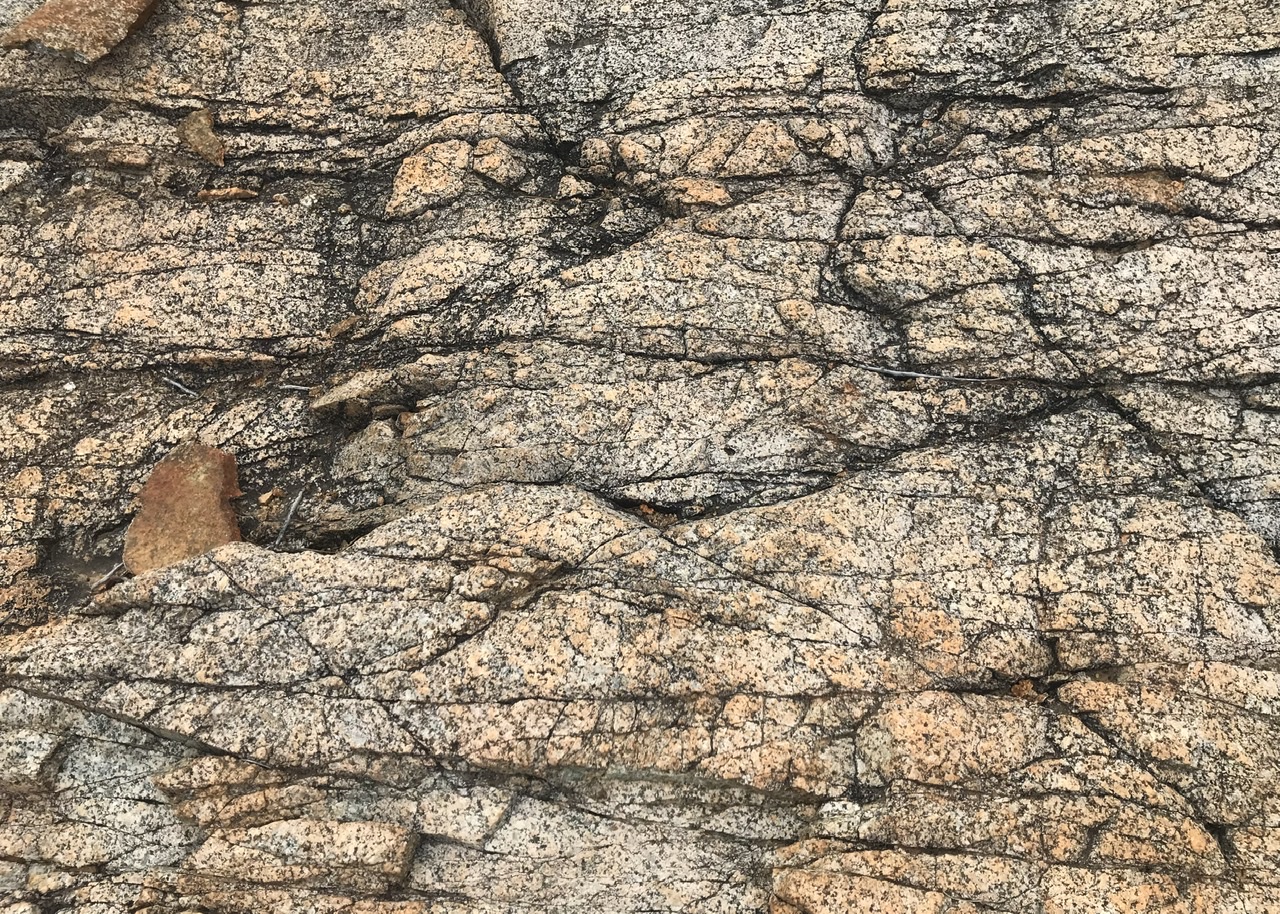
What is an open system?
According to Siegel, a complex, open system contains elements which are constantly interacting with the world around them. They adapt to outside influences, and can be chaotic and random in their unfolding. In other words, they evolve, but in a non-linear fashion. Small inputs from outside can lead to unpredictable results. Our world is made up of open systems.
“Complex systems are all around us. They are seen in the ways that migrating birds organize themselves into flocking formations and that ants communicate to successfully forage. They are seen in the ways in which humans form social networks, and in the patterns of communication, social capital, and reputation that emerge from these networks. They are seen in the emergent power-law or fractal structures of plants, snowflakes, landslides, and galaxies, as well as in similar structural patterns of wealth and income distribution, stock market fluctuations, population distributions between cities, and patterns of urban development. ” ~ University of Waterloo
I’m an open system, and so are you. While it might feel as if you wake up each morning the same person and in the same world as the night before, that’s simply not true. We and the world are always changing as a result of our interactions with the world around us, much of which is out of our control.
This year I’ve been keeping a chance diary, recording everything that happens in a day by chance or unexpectedly. It’s those small happenings, those chance events, that often have the biggest impact on our lives. A friend has cancer, you learn about a new author whose book makes you see differently, or a news story galvanizes you to work for a cause. One day I was listening to a radio program, which led me to a writing site that changed my life. My online writing career began the very next day and led to the business I have now.
The Role of Chaos and Self-Oranization
A system is a whole that is greater than the sum of its parts. You can study it’s behaviour by looking at the interactions between the elements. One essential property of systems is that of self-organization – the way the system regulates its own growth and development.
“The earth is a self-regulating system of interdependent systems that together create the conditions which make life possible. Chaos is necessary to new creative ordering. Autopoiesis is life’s fundamental process for creating and renewing itself, for growth and change.” ~ Wheatley
Chaos is another inevitable part of the process of change in a system. We can see that happening in our world today as we go through cultural changes. And if you look back on your own life, I’m sure you’ll see similar patterns of chaos and self-organization. I remember my middle high school years as a particularly chaotic time. My parents split up after 17 years of marriage. This was back when it wasn’t as common as it is today. That event changed me, as well as my family dynamics. I was 16 and suddenly wasn’t living with my two younger sisters, who were 12 and 5 at the time. In the years following, I got to know each of my parents as individuals. They became more than Mom amd Dad. I was forced to become more independent and self-sufficient during my teenage years. This was how I had to self-organize to this new reality.
“Disequilibrium can not only lead to growth, it’s necessary for growth.” ~ Wheatley
Wheatley says that open systems do not seek to stay the same. Instead, they partner with their environment. They notice disruptions, which are signals for change. Then, they take in new energy and information and eliminate what’s no longer relevant. They’re always somewhat off-balance. Since present circumstances are always changing, there’s always need to adapt and grow. Clouds are a perfect example, constantly moving and changing according to interactions with air and water. Key to this growth is whether new information is free to circulate. This isn’t a passive reaction to outside influence. Rather, the system actively seeks new information and responds and reorganizes accordingly. It’s a collaborative venture.
“Natural systems tend to move toward and find their most vital form at the boundary between chaos and order.” ~ David Whyte, Heart Aroused
Think of that in your own life or even in your photographic life. When you become rigid in your views, or in where you get your information, the system breaks down. I believe that everyone would benefit from noticing how much they interpret and evaluate based on narrowed lenses. We can open ourselves up by seeking out opposing views, seeing the complexity in situations, and entertaining new possibilities. We might be surprised at what comes up. Most new growth comes in surprising ways.
How to Deal with Change
Change can be scary, so how do you deal with this new information as it arises? Wheatley says that you need to look past the level of objects and instead look to relationships, the interactions between things. Look at the whole, not just the parts, and how things work together. She says to work with, not against, the forces of change. Life is resilient and unstoppable.
To perceive the world differently requires new ways of perceiving. The German philosopher Martin Heidegger suggests moving into a “dwelling consciousness,” from cognition (a mental knowing) to sensation (an intuitive knowing). This is exactly what we’ll be doing in my new course, 30 Days of Perception.
* Move quietly into your senses, away from analysis.
* Pick up impressions, how something feels.
* Call upon your intuition, your body wisdom.
* Look for images, words, patterns, that surface.
* Look at relationships and the space between.
How do you stay open?
** Books mentioned have Amazon affiliate links, meaning I make a few cents if you purchase through my link. I only recommend books that I’ve read.
Wonderful .